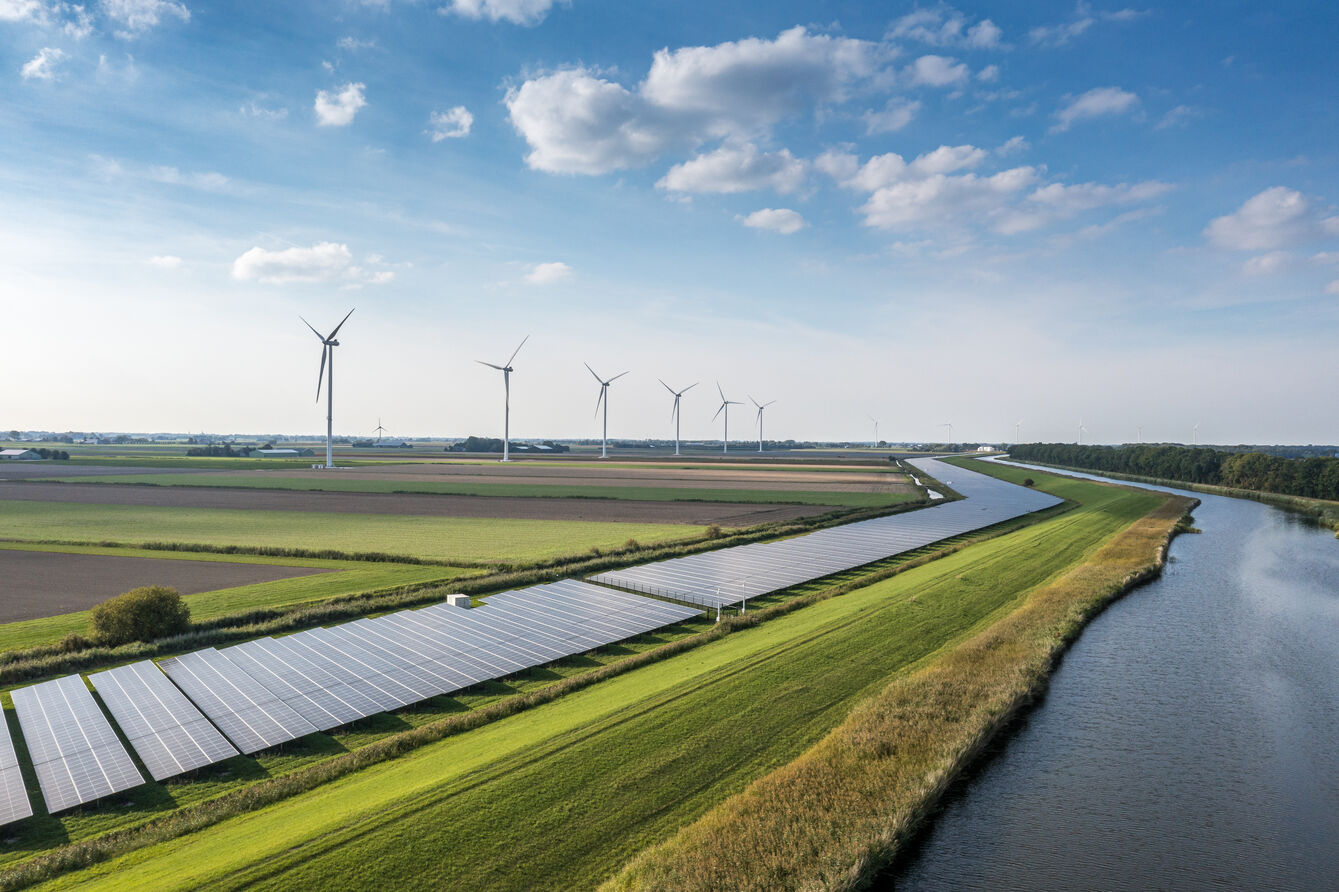Rising prices and tougher sanctions spell trouble for China’s Iranian oil imports
The market widely anticipates that President-elect Donald Trump will push for a hardline approach on Iran, tightening sanctions on Iranian oil and squeezing Tehran’s revenue streams. Yet, for China’s independent refiners—the leading buyers of Iranian crude since U.S. sanctions took effect—worries about future supply seem like a distant storm. For now, it's business as usual—until it isn't.
• Soaring Iranian oil prices and tight crude import quotas cool purchases from Chinese teapots
• Iran’s oil exports likely to see a second monthly decline as domestic demand for power generation surges
• Tougher U.S. sanctions lead to a buildup of Iranian oil in floating storage
• A major Chinese private refinery cancels purchase, fearing the sting of sanctions
The pace of Iranian oil purchases from Chinese refiners appears to be slowing down compared to previous months, not due to fears of tougher sanctions under the incoming Trump administration, but because of skyrocketing prices and insufficient crude import quotas as the year draws to a close. Medium sour Iranian Light crude for December arrival is traded at -$3/bbl against ICE Brent on a delivered China basis, its highest level since June 2022. Iranian Heavy prices also increased, to around -$5.5/bbl against ICE Brent from -$6.5/bbl last month. While sellers are spinning a narrative of supply shortages in 2025 to drive up prices and pressure buyers to restock, offering Iranian Light at -$2.5/bbl, Chinese refiners aren’t buying into the hype.
Selected crude diffs against ICE Brent on DES China basis, $/bbl

Source: Argus
For the refiners, the pressing issue is the tight crude import quotas —most have already burned through over 90% of their 2024 allocations. Beijing granted a total of 191.99 Mt, or 3.84 Mbd, in quotas for 2024 (including 8.3 Mt earmarked for the Yulong refinery), a 5.7% drop compared to last year. With no extra issuance likely for the remaining 2024, refiners will need to strategize carefully to secure the most competitive grades. Even with the price increase, Iranian oil still holds its edge as the cheapest among comparable grades on the market-- landing more than $4/bbl below Mars and Upper Zakum. Some independent refiners have recently snapped up West African crude, like Angola’s Pazflor and Mostarda, signalling a possible shift in buying pattern. With a supply glut keeping West of Suez prices competitive in Asia, these arbitrage cargoes are poised to complement Russia’s light sweet ESPO, fuelled by strong demand from state-owned refiners and the newly operational Yulong refinery, rather than displace Iranian oil.
Iran’s crude oil exports are on track for a second monthly decline in November, expected to slip by 54 kbd to 1.43 Mbd, partly due to increased domestic demand for power generation following a severe gas shortage which have led to wide-reaching power outages. Still, we do not anticipate significant cuts to crude shipments from the Persian Gulf nation, even though the power shortage could worsen with the arrival of colder weather. Burning fuel oil in power plants has choked the air with pollution, sparking widespread anger and frustration among citizens. Meanwhile, Iranian oil held in floating storage in Malaysia and Singapore waters, the most common area for STS transfers before being shipped to China, currently stands at 4.7 Mbbls compared to a four-week moving average of 3.76 Mbbls.
Iranian oil floating storage off Malaysia/Singapore, Mbbls

Source: Kpler
The rise in Iranian barrels stored on floating vessels is partly tied to the U.S. expanding its sanctions on Iran in October, adding 23 vessels to the blacklist. Among these, the Bendigo and Crystal Rose have been anchored in Malaysian and Singaporean waters for over a month. So far, the stricter sanctions have had minimal impact on the overall flow of Iranian crude to China, but one privately-owned refining complex has hit a snag. According to two market insiders speaking to Kpler, the refiner recently purchased a cargo of Iranian crude, only to discover later that the vessel carrying the oil had been added to the sanctions list. When attempts to resolve the issue through Chinese authorities failed, the refiner, wary of the potential fallout from directly violating sanctions, opted to scrap the deal, leaving the cargo seller scrambling to line up a new buyer.
Despite tightening sanctions and Trump’s promise of maximum pressure on Iran, Chinese refiners remain laser-focused on securing current supplies, showing little concern for potential future risks. Large refining complexes, with their greater exposure to international financial and trading systems, are typically more sensitive to sanctions than their smaller counterparts. As a result, any shifts in purchasing patterns by major private refiners are crucial to watch, as they serve as a bellwether for changes in China’s trade with Iran.
China’s Iranian crude oil imports by destination region, kbd

Source: Kpler
Want access to Insights on a regular basis?
Through unbiased, expert-driven research and news, you’ll receive valuable information on supply, demand, and market movements, enabling you to make informed trading and risk management decisions.
Unbiased. Precise. Essential.
Curious? Request access to Kpler Insight today.

See why the most successful traders and shipping experts use Kpler



.png)








